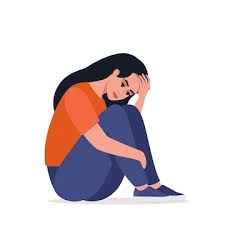The relationship between mental health and law violation
Apr 01, 2023
This paper discusses the relationship between mental health and law violation. Mental health conditions can play a role in various types of criminal behavior, including violent offenses such as assault or homicide, property crimes like burglary or theft, drug use and trafficking, and public disorder offenses such as disorderly conduct or vandalism. People with mental illness are more likely to be victims of crime than perpetrators. Unfortunately, people with untreated mental illnesses may also become involved in criminal activities due to their symptoms. This is especially true if they are unable to access treatment services due to a lack of resources or insurance coverage.
Studies have shown that those who suffer from mental illness, particularly severe forms of psychiatric disorders such as schizophrenia and bipolar disorder, are significantly more likely than the general population to come into contact with the criminal justice system. In fact, it is estimated that almost one-third of inmates in state and federal prisons have some form of mental illness. This can have a profound effect on their lives, as time spent in prison increases the risk for further violations due to recidivism or other factors.

Moreover, the stigma surrounding mental health issues often leads to disparities between those who suffer from a mental disorder and those without one when they become involved with law enforcement. People with mental illnesses are more likely to be arrested and detained than members of the general public. They may also face harsher sentencing if convicted of a crime due to bias against them in the courtroom. It is important for society as a whole to take an active role in reducing such discrimination by increasing awareness and access to mental health services.
Ultimately, it is clear that there is a strong relationship between mental health and law violation. Therefore, it is of the utmost importance to ensure that people who suffer from mental illness are able to receive proper care and are treated fairly by the criminal justice system. By doing so, we can help reduce the risk of criminal behavior stemming from mental disorders while at the same time providing individuals with better support networks and resources for recovery. With proper attention and supportive policies, those affected by serious psychiatric conditions can live healthy lives without fear of discrimination or violence.
